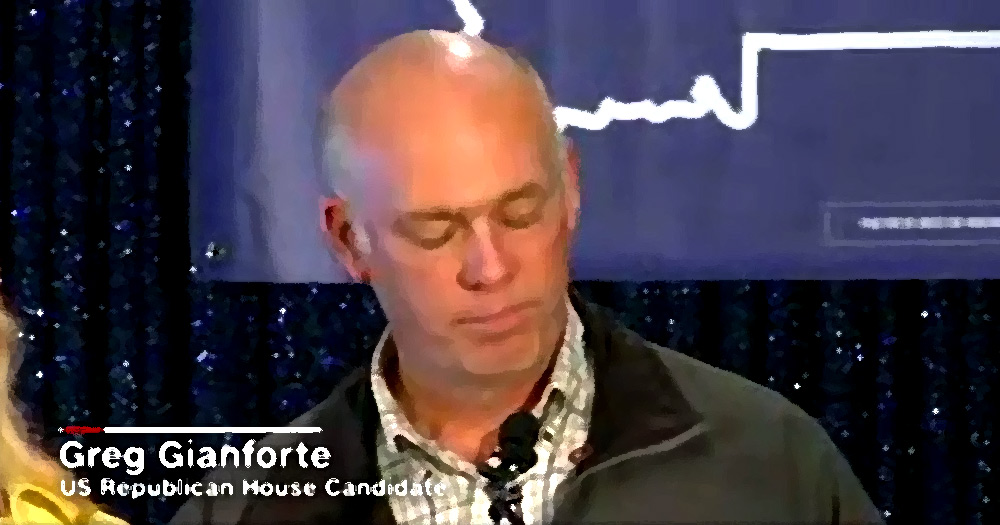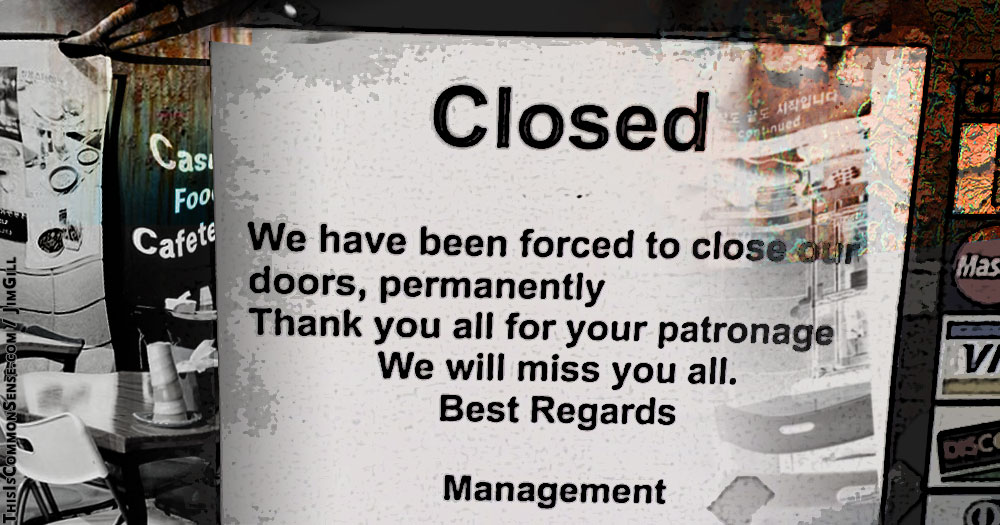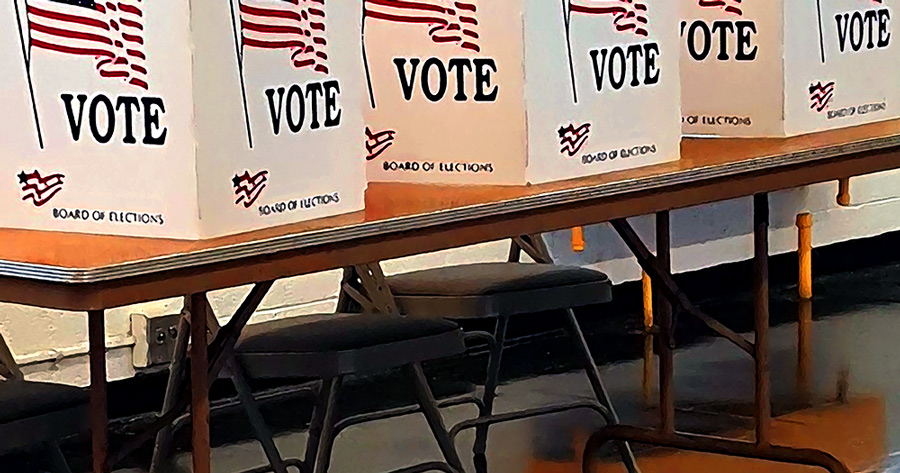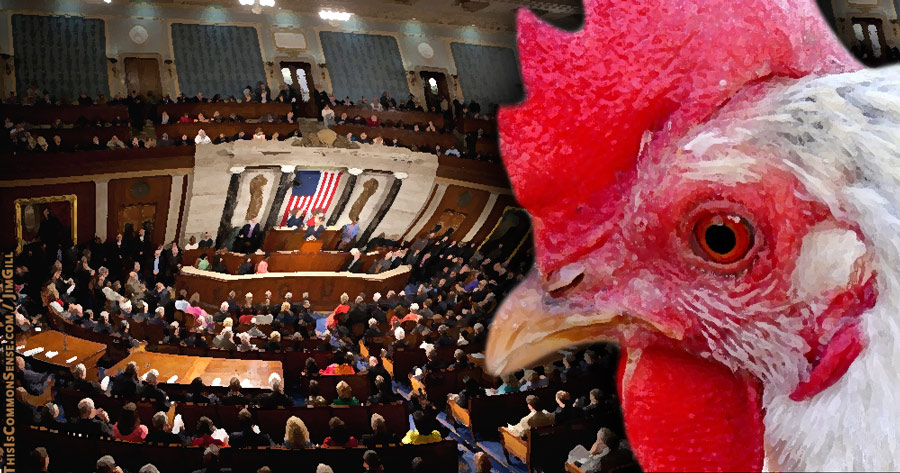“Recent days have shown me that the times when we could rely completely on others are over to a certain extent,” German Chancellor Angela Merkel told folks in a Munich beer hall last Sunday. “We also know that we Europeans must really take our destiny,” she said, on the heels of the NATO and G7 meetings, “into our own hands.”
Merkel may have designed her comments to elicit shock and dismay among the inhabitants of America. But my shock is that anyone would find anything shocking, at all.*
Merkel’s responding, of course, to President Donald Trump’s censure of European NATO members for not ponying up to their treaty obligations.** This is widely whispered as … rude. Mustn’t upset Germany and other allies, even if only five of NATO’s 28 nations have reached the agreed-upon two-percent of GDP goal.
The received wisdom seems to be: don’t embarrass the freeloaders.
I’m often not copacetic with Mr. Trump’s demeanor. But the “threat” that U.S. soldiers might somehow not be permitted to shed their blood to defend deadbeat countries against a feared Russian attack is … just not all that threatening.
What’s so scary about self-reliance?
It was also announced that German security agencies won’t share intelligence with the U.S. regarding alleged Russian interference in their upcoming election.
This, too, we can survive.
But, gee whiz, I hope we aren’t banned from the cool countries’ lunch table at the cafeteria in the brand new $1.23 billion NATO headquarters — for which the U.S. pays a disproportionately high 22 percent.
This is Common Sense. I’m Paul Jacob.
* In my judgment, Merkel should have jettisoned “to a certain extent” and put a period after “over.”
** It’s worth noting that Trump is not the first president to marshal this complaint.











